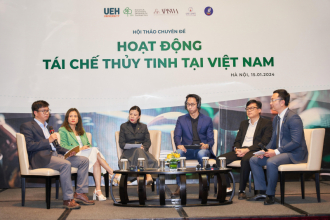
EfD Vietnam addresses challenges with glass recycling
Glass recycling rates in Vietnam remain alarmingly low, standing at a mere 15%, despite glass being a material that persists indefinitely in the environment if not recycled. This was the topic of a…
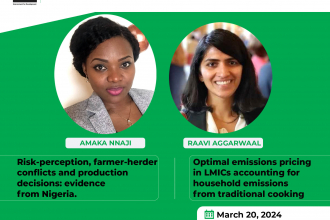
EfD Webinar series: 𝐑𝐚𝐚𝐯𝐢 𝐀𝐠𝐠𝐚𝐫𝐰𝐚𝐥 𝐚𝐧𝐝 𝐀𝐦𝐚𝐤𝐚 𝐍n𝐚𝐣𝐢
In collaboration with WinEED, we bring you two distinguished speakers this month – Amaka Nnaji and Raavi Aggarwal. Amaka Nnaji is a Postdoctoral Scholar with the Evans School Policy Analysis Research…
Early Career Workshop on the Environment, Climate Change and Disasters. Socio-economic Impacts and Adaptation
The Social Sciences Area of the Gran Sasso Science Institute in L’Aquila ( GSSI) will host an Early Career Workshop on the Environment, Climate Change and Disasters - Socio-economic Impacts and…
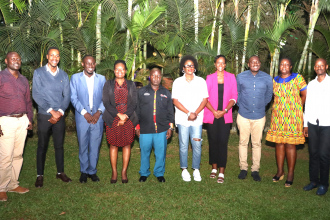
EfD Uganda established network and secretariat for inclusive green economy
EfD has run an extensive and ambitious program, the Inclusive Green Economy in Practice program, since 2020 in five East African countries. In Uganda over 20 senior public servants from government…

Challenges in African governance, leadership & democracy – KAPTalk with Dr Mo Ibrahim
Meet Dr Mo Ibrahim, star entrepreneur and founder of the Mo Ibrahim Foundation, who will provide an overview of the causes and effects of military coups and increasing internal conflicts in the Sahel…
Disentangling the chicken or egg problem of household waste sorting and segregated waste collection
Merely providing a collection service that ensures waste segregated at source is not mixed during transportation is not enough to induce households to segregate. Information campaigns are a must.
This research brief is based on the EfD Discussion Paper titled Disentangling the chicken or egg problem of household waste sorting and segregated waste collection: A randomized control trial in India by authors Shivani Wadehra, Zihan Nie, and Francisco Alpizar
About the study
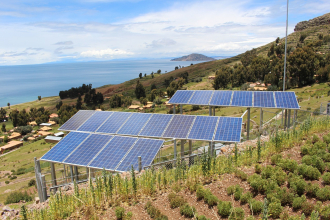
How economic growth, population, and renewable energy use affect CO2 emissions
In the ongoing struggle against climate change, a recent study has underscored the need for policymakers to understand the determinants of CO2 emissions. The study, conducted across 103 countries…
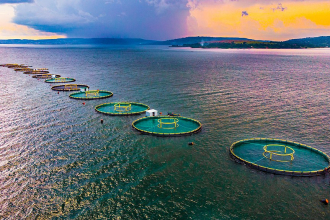
Study will provide knowledge on how fish farmers perceive climate-related risks and their adaptation
Researchers from EfD Vietnam and Uganda will analyze how fish farmers in those countries perceive risks, in particular climate-related risks, and how they adapt to those risks since they are…